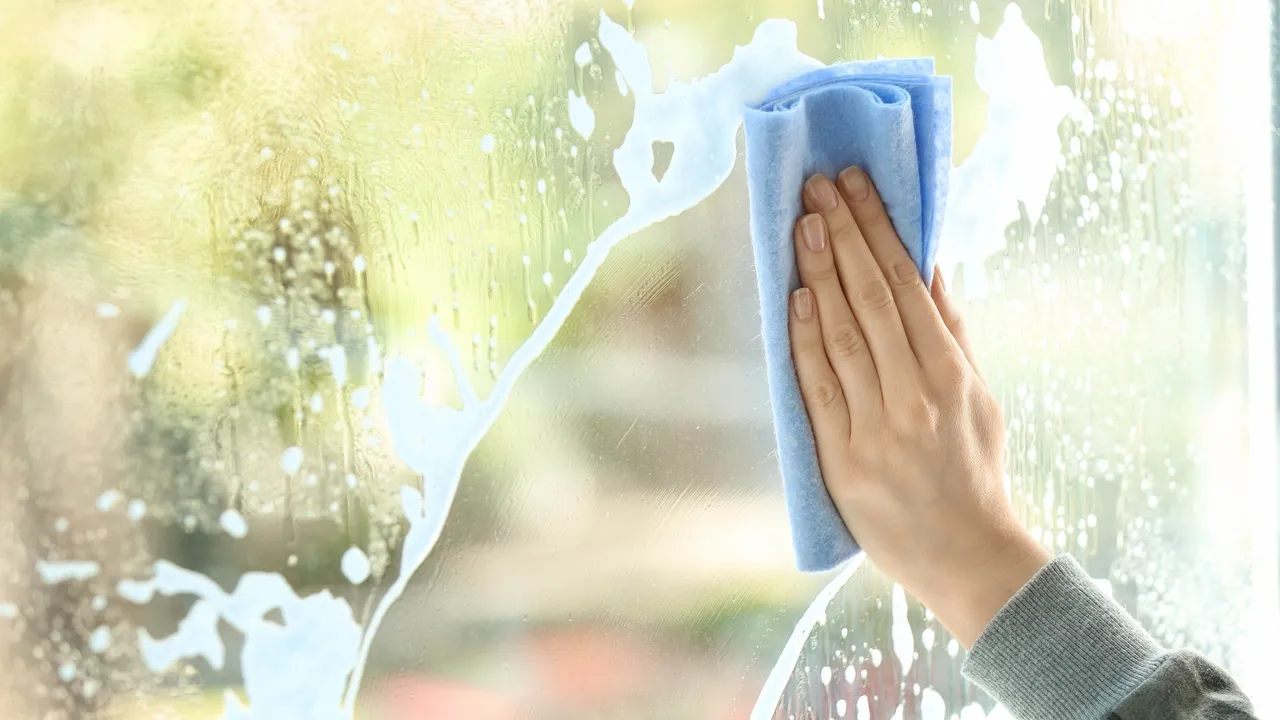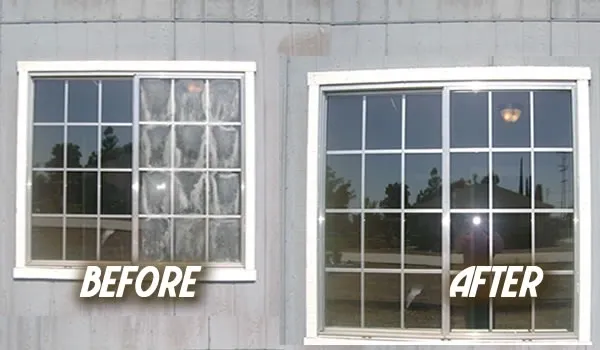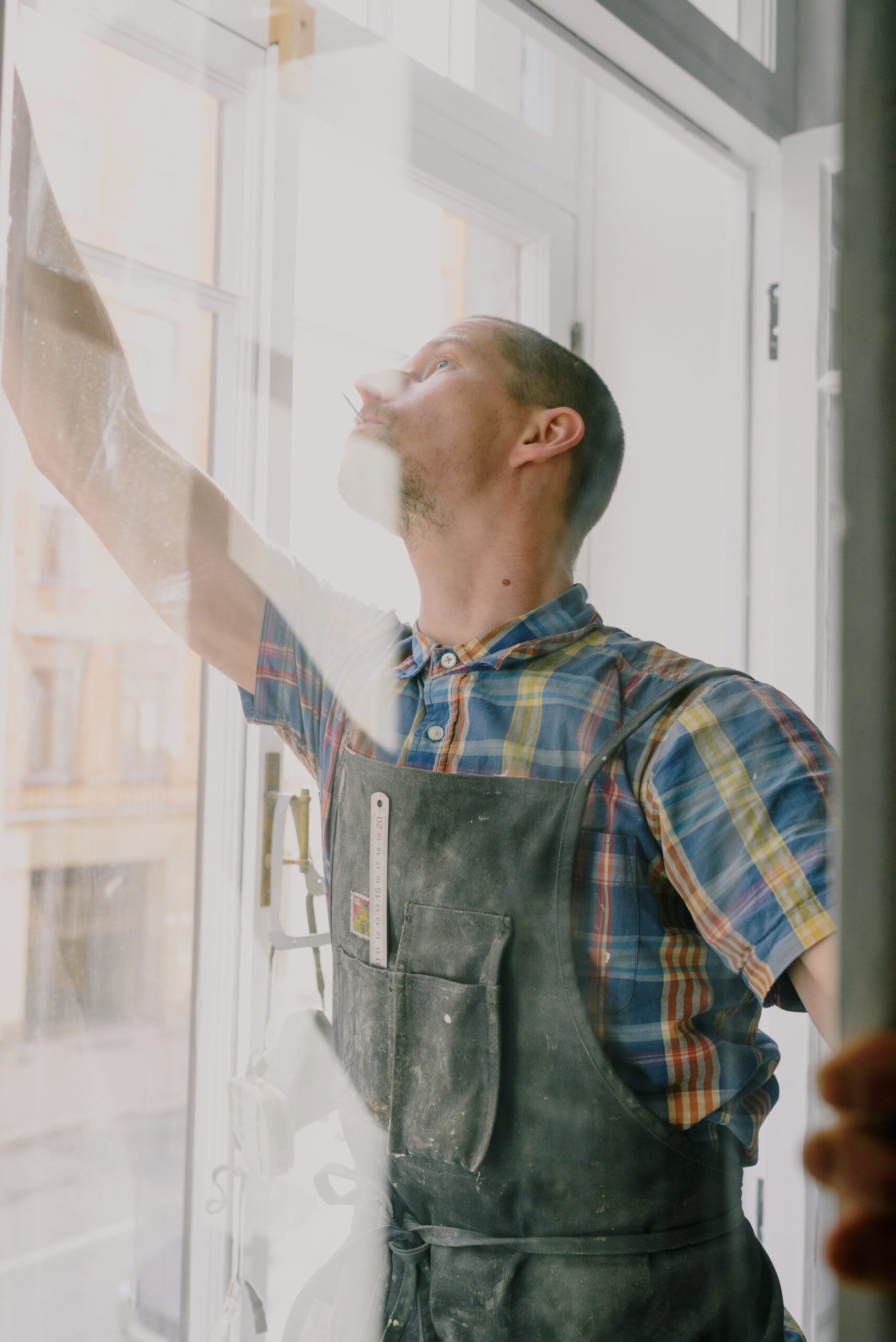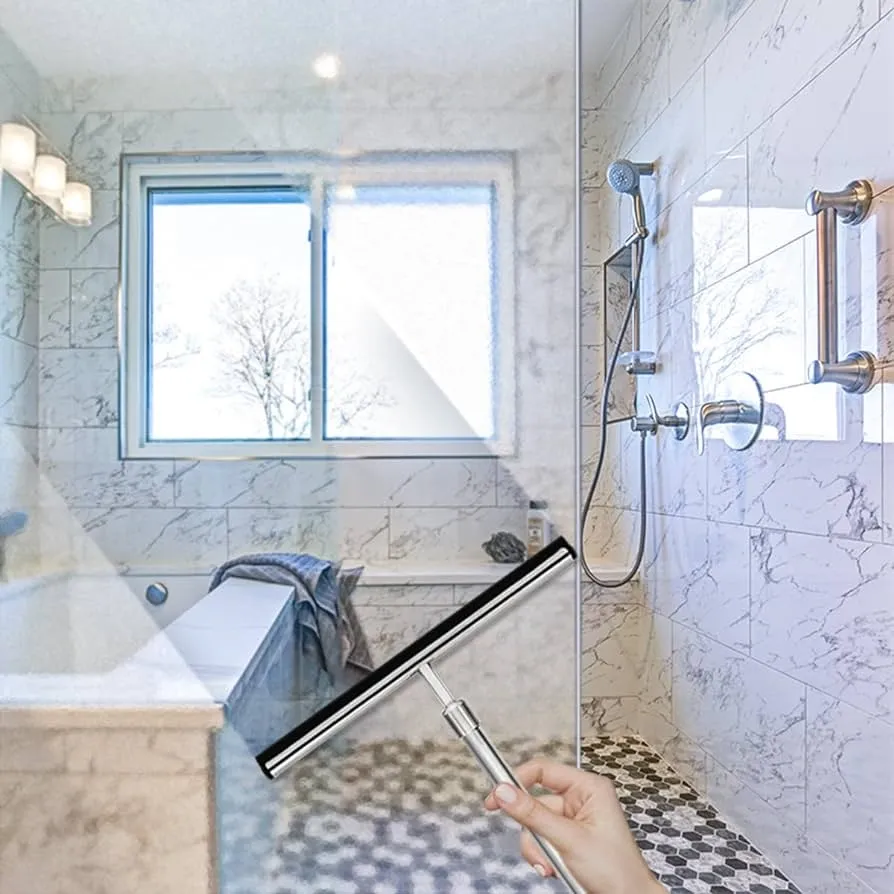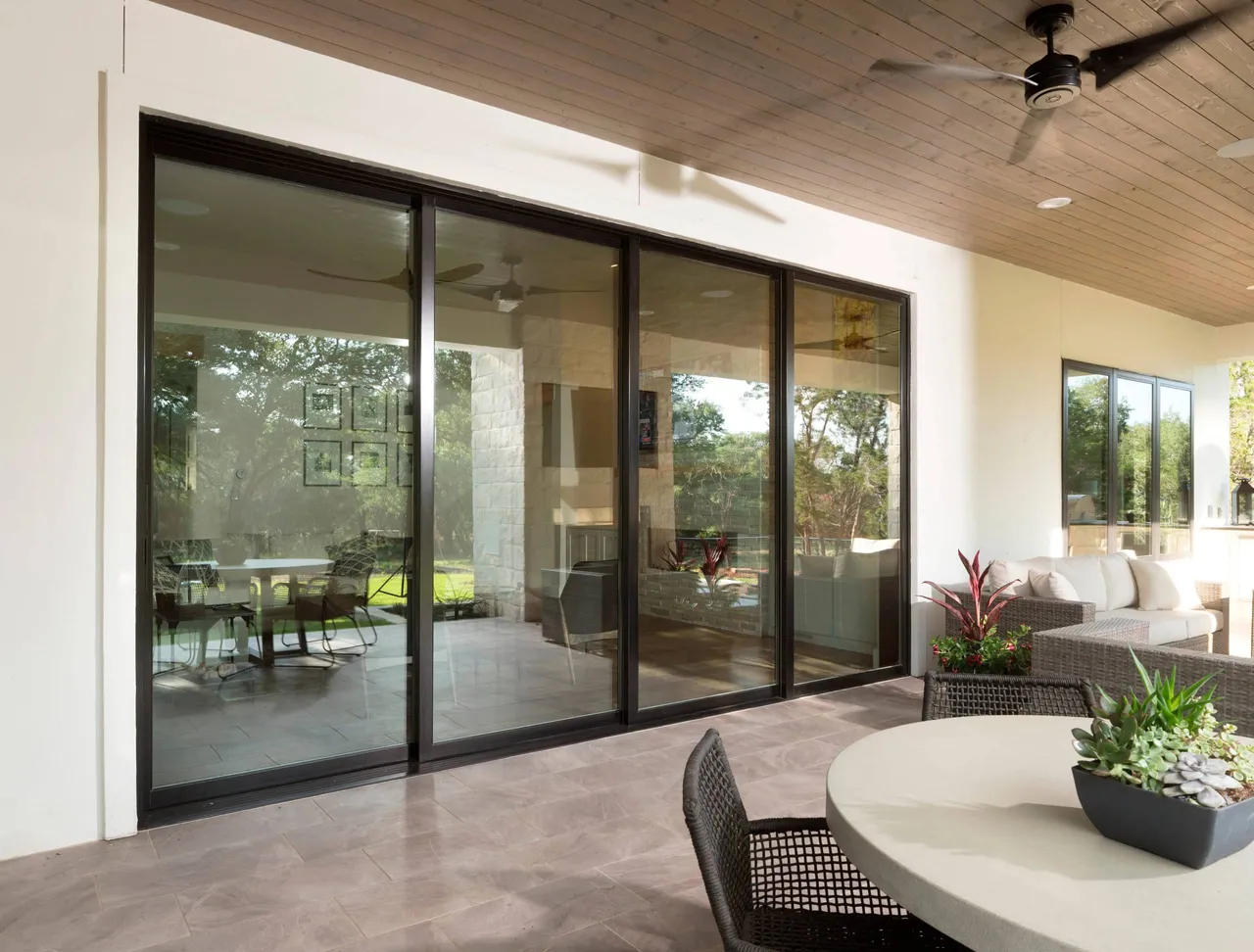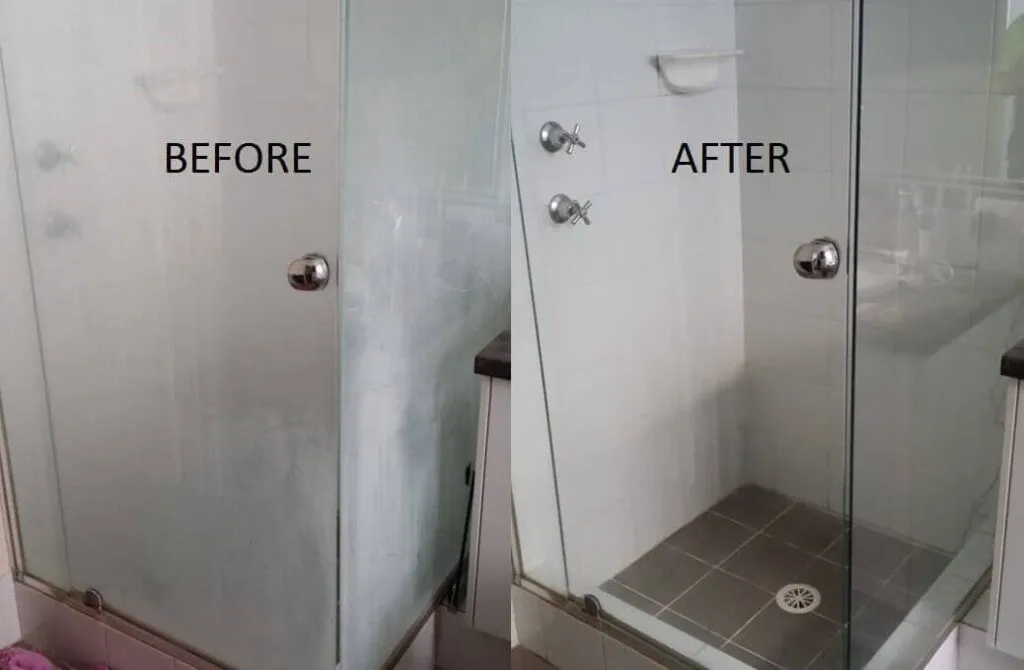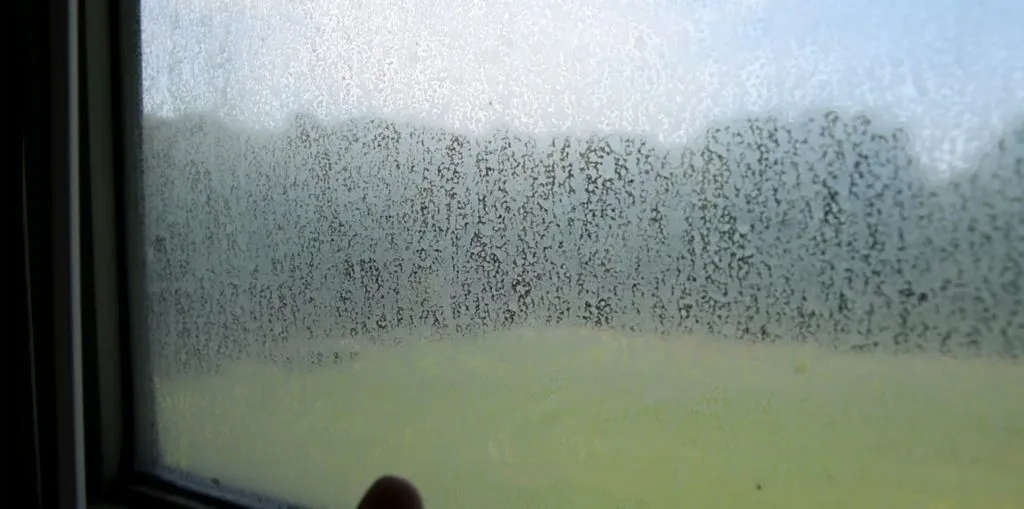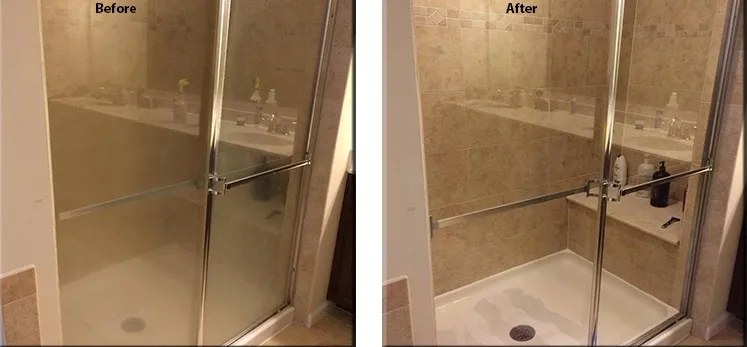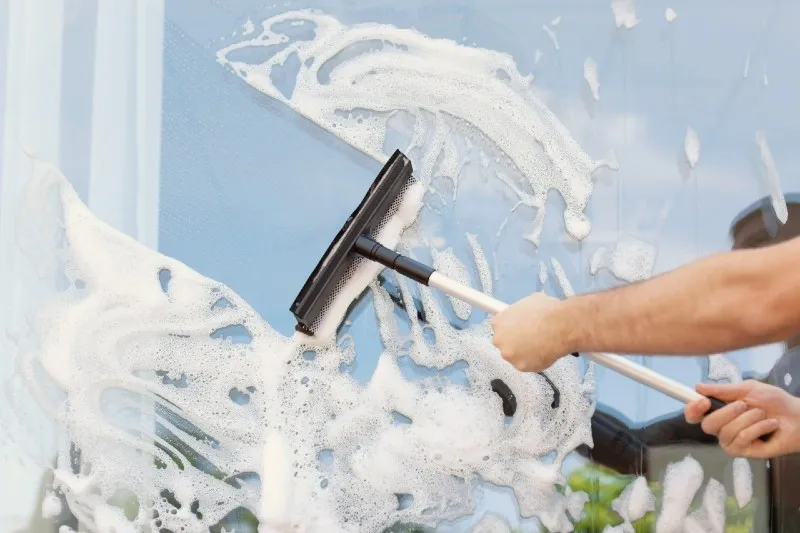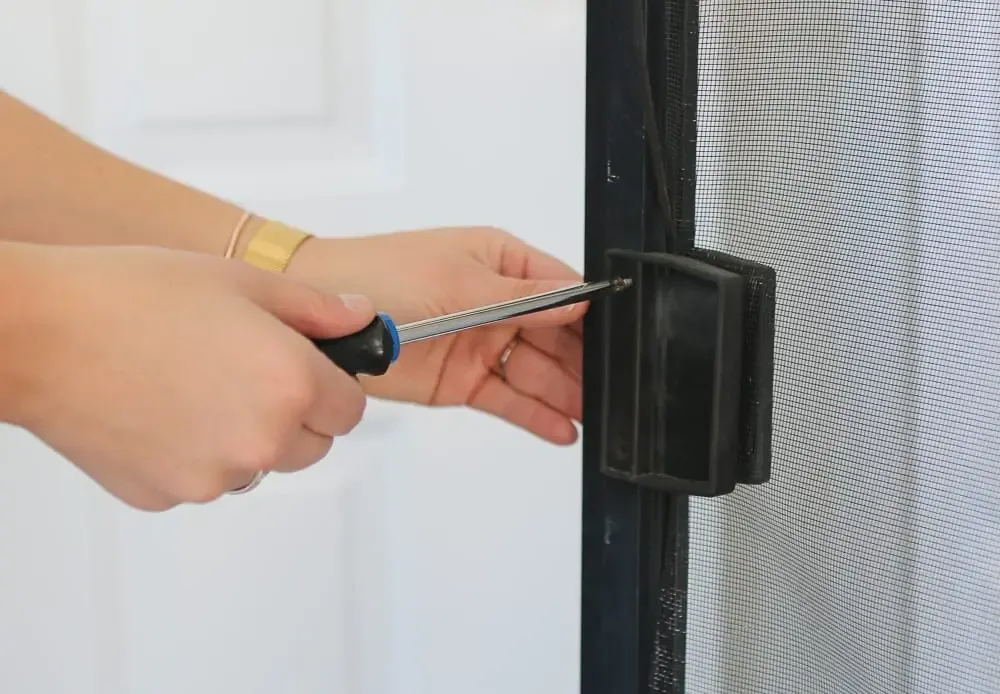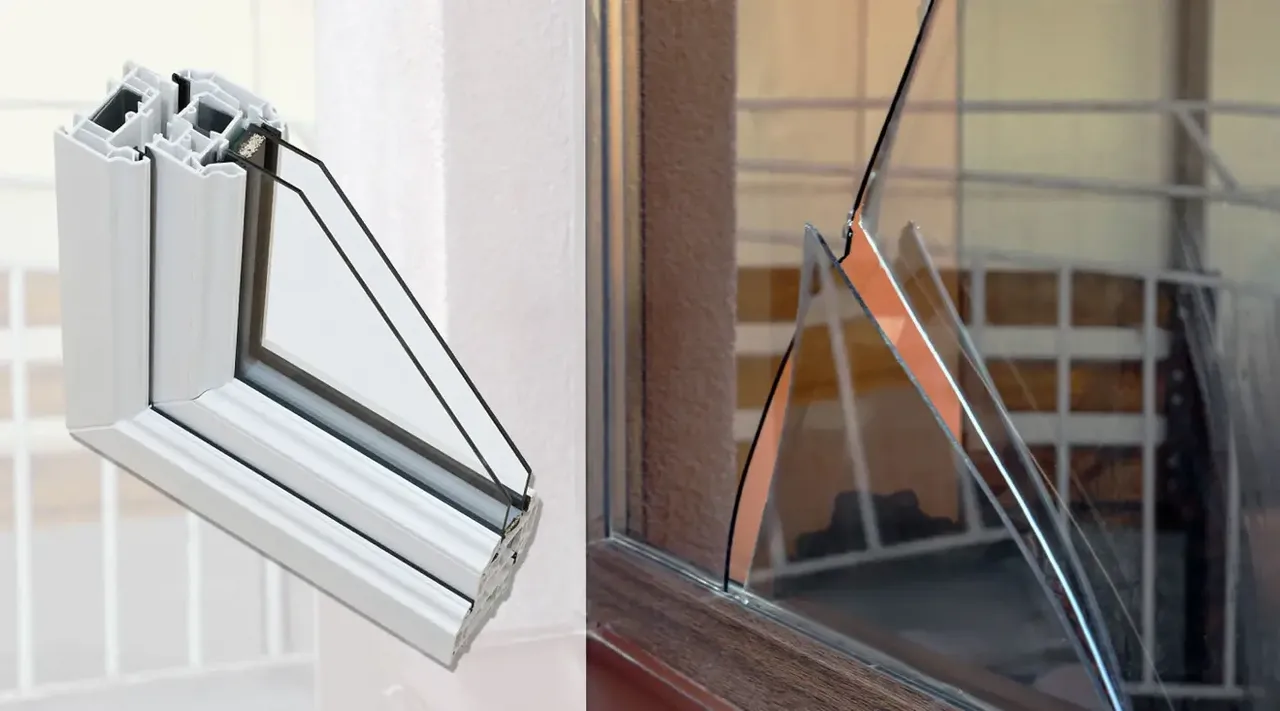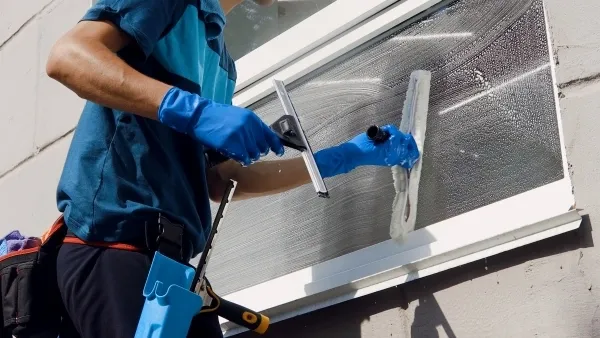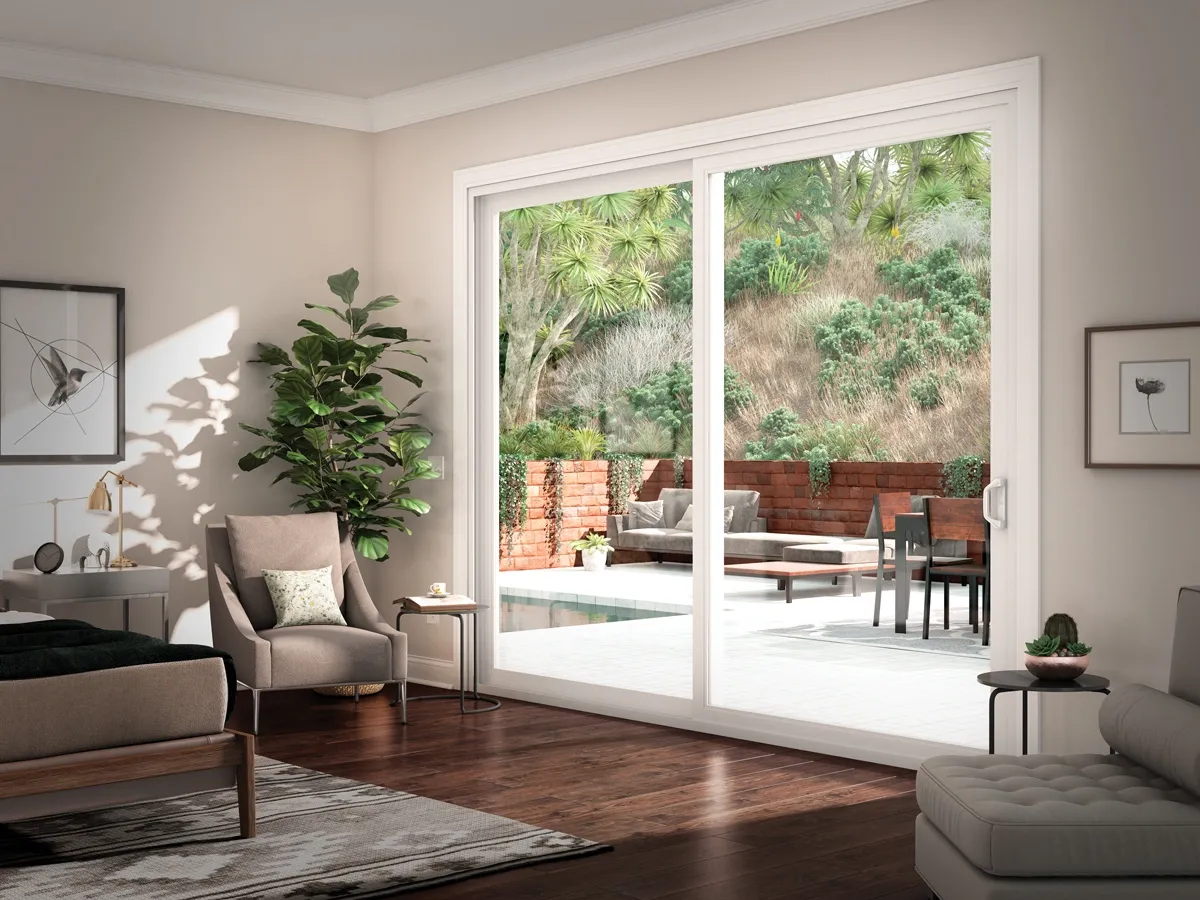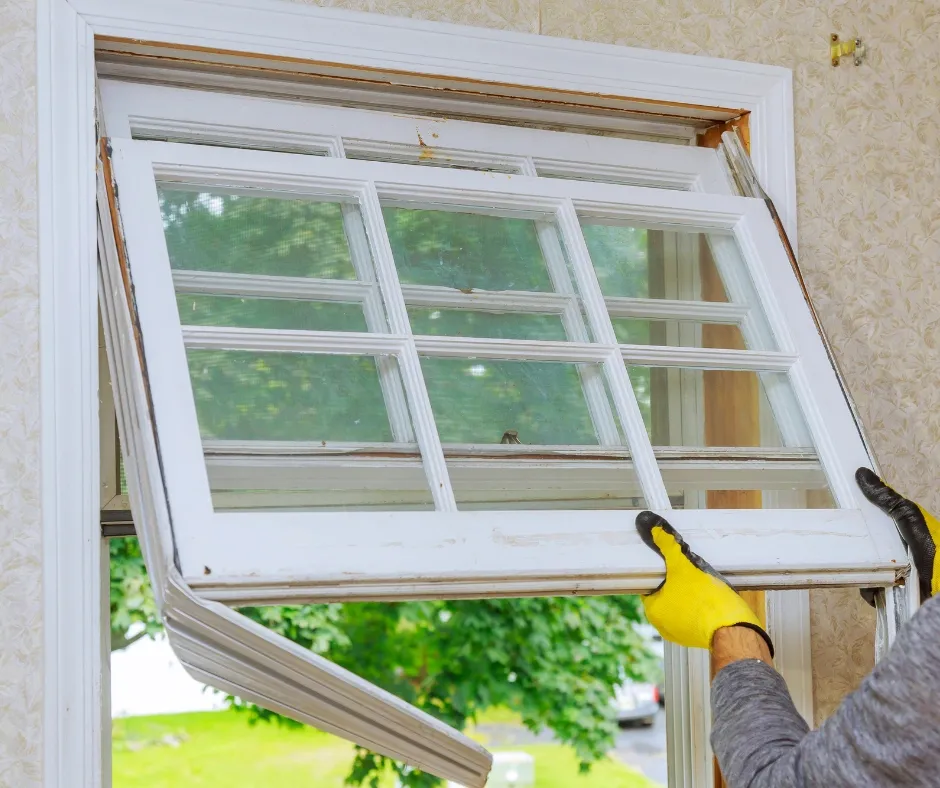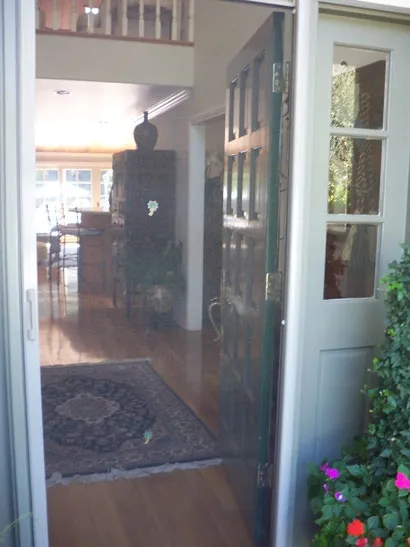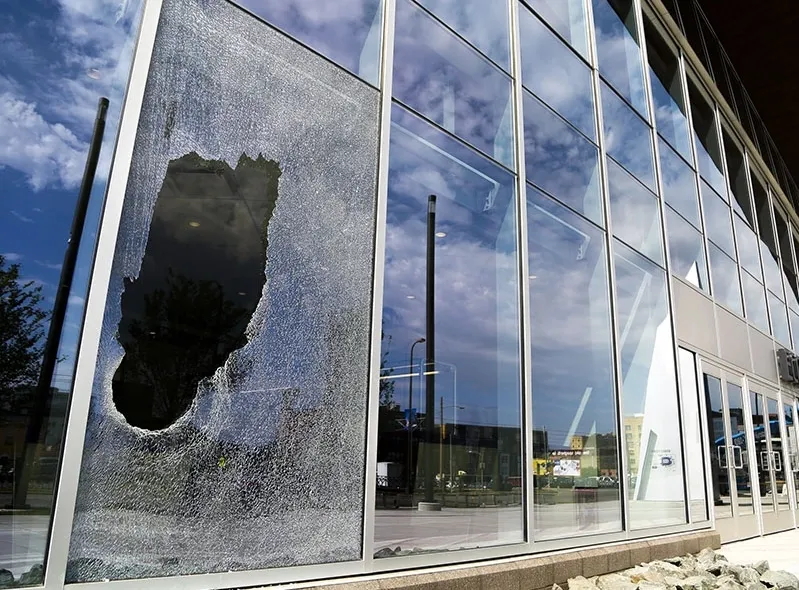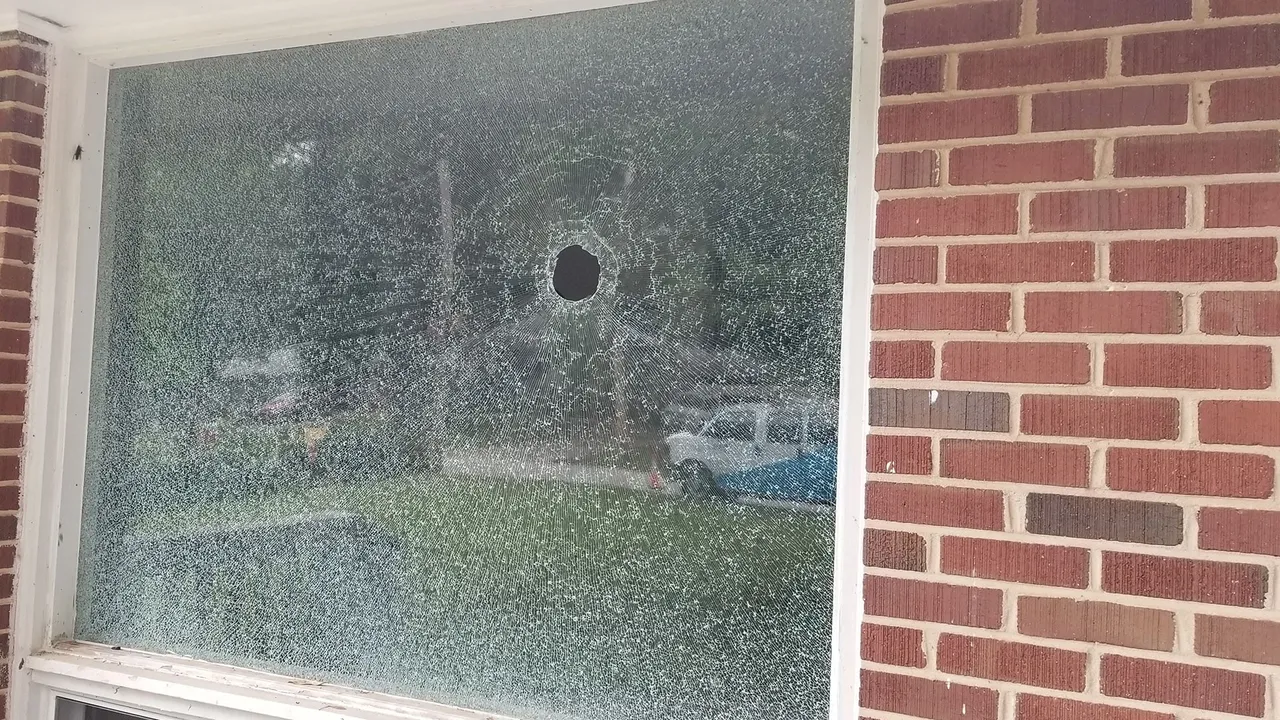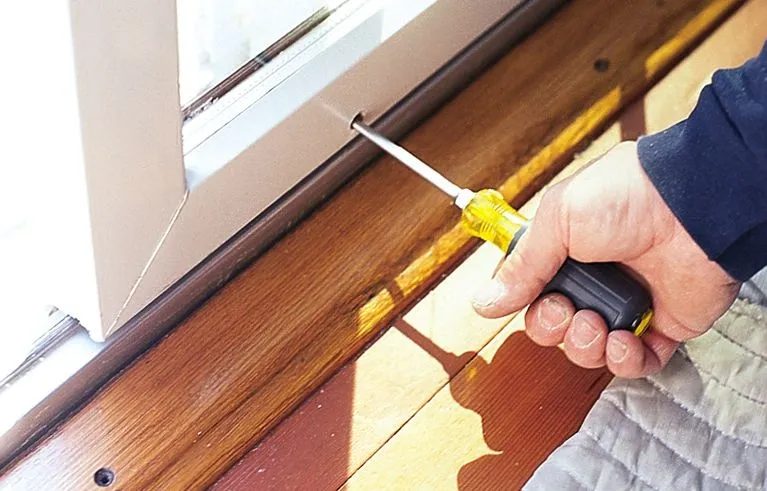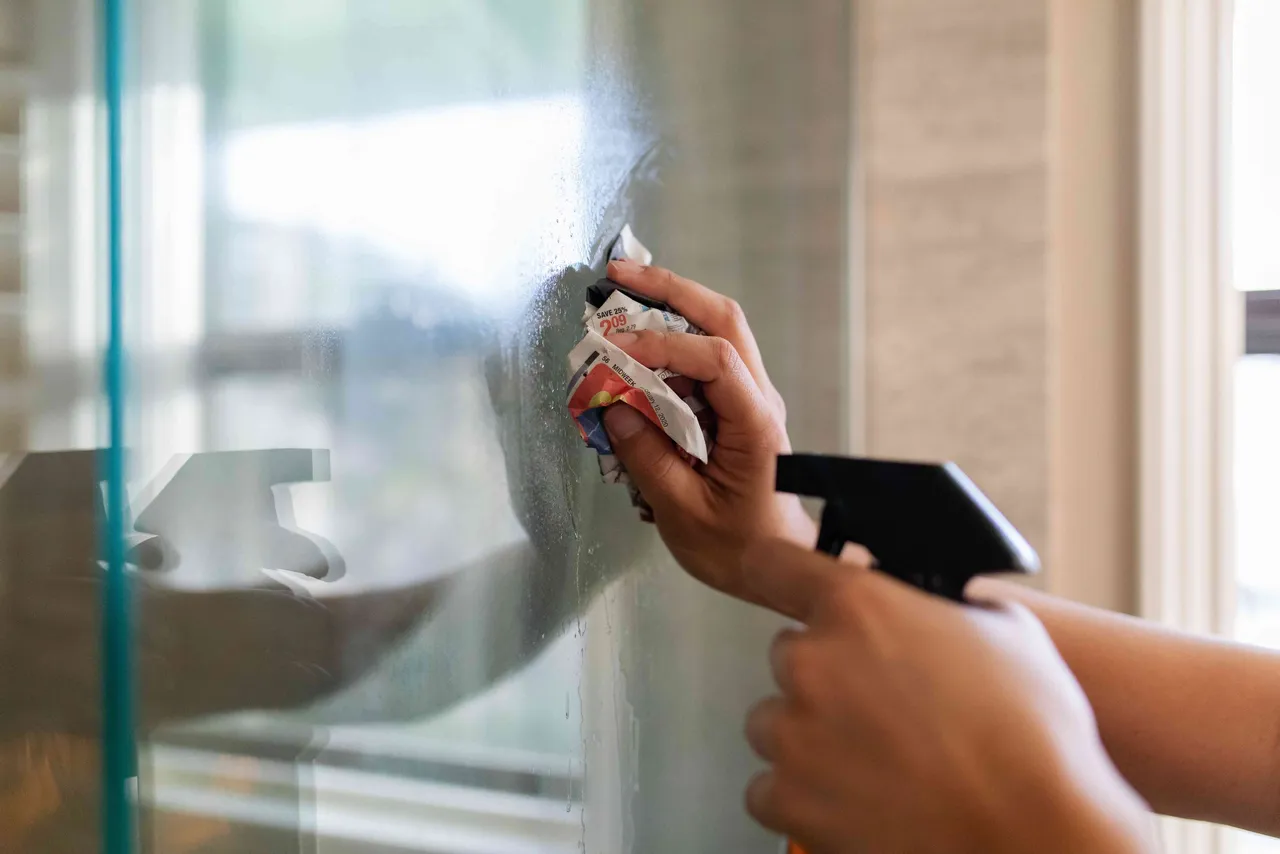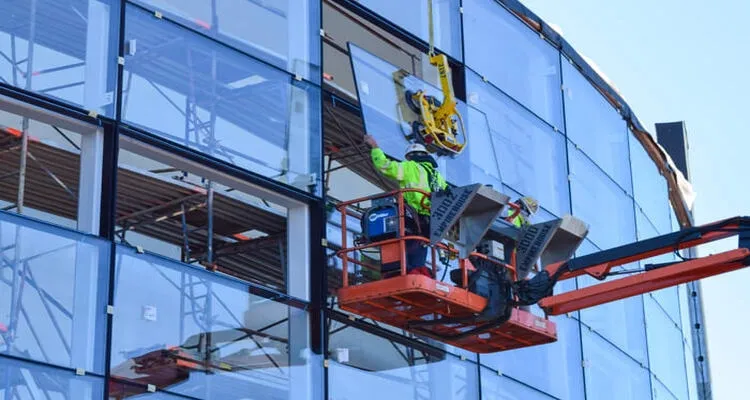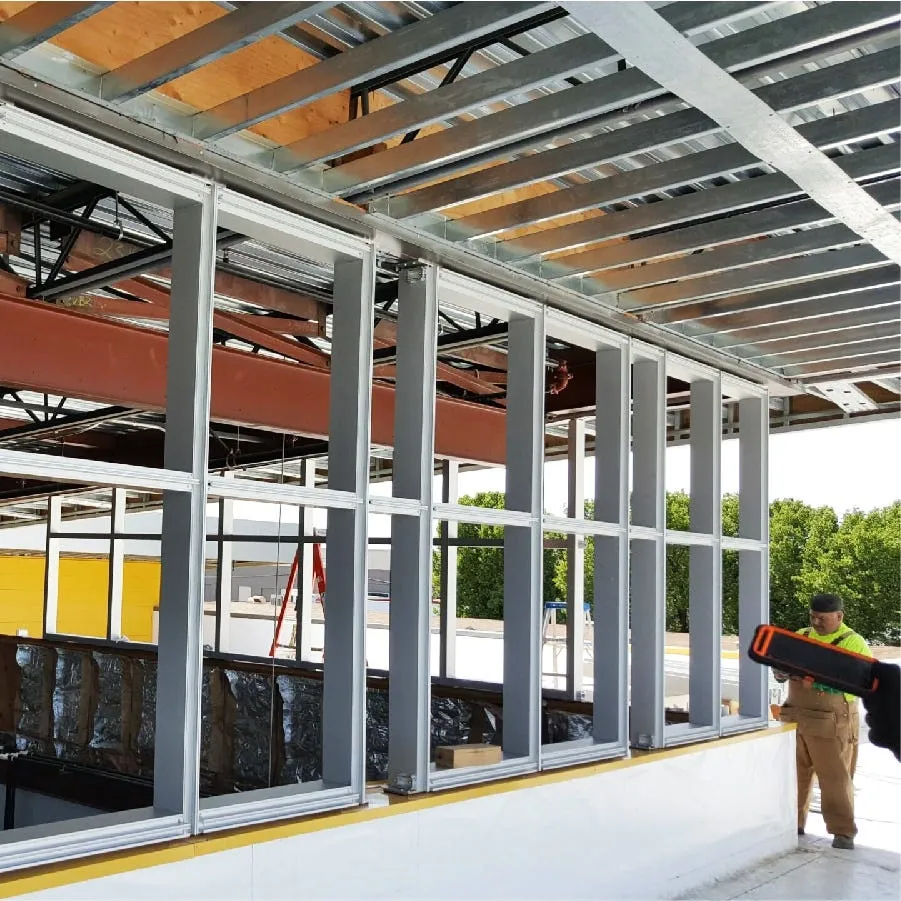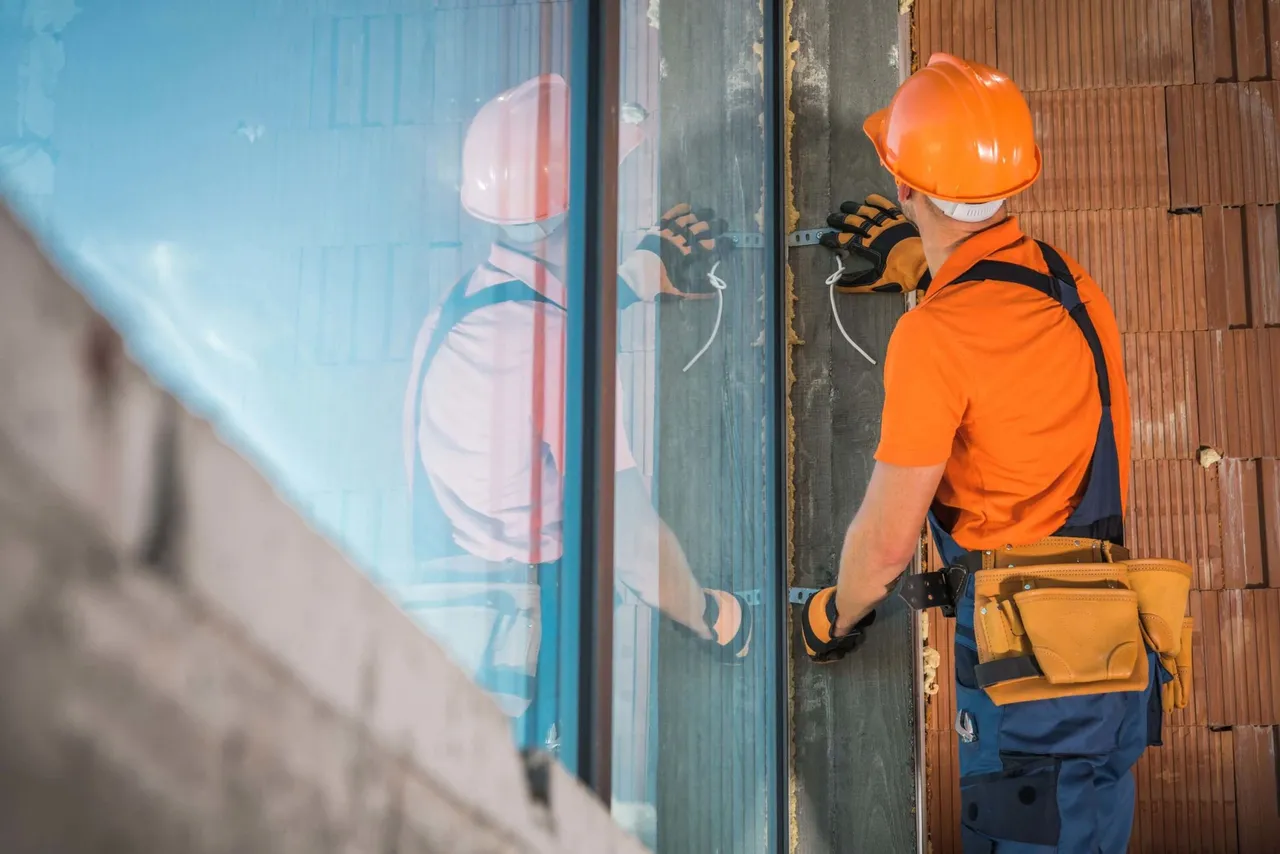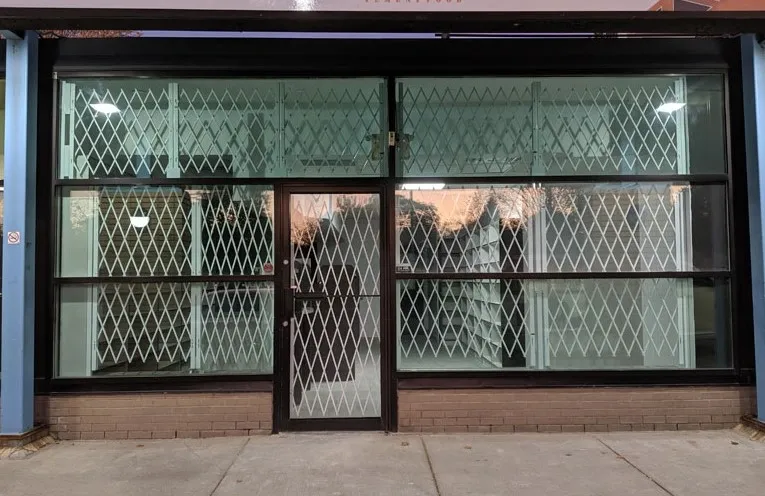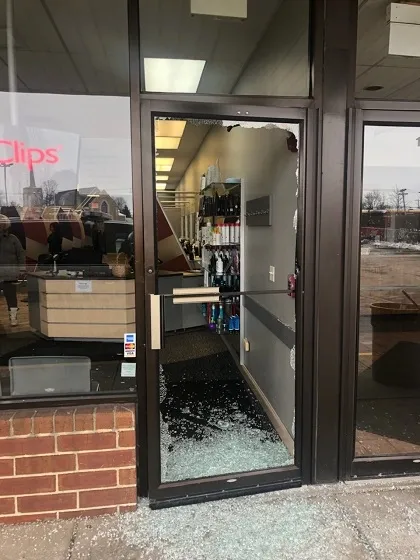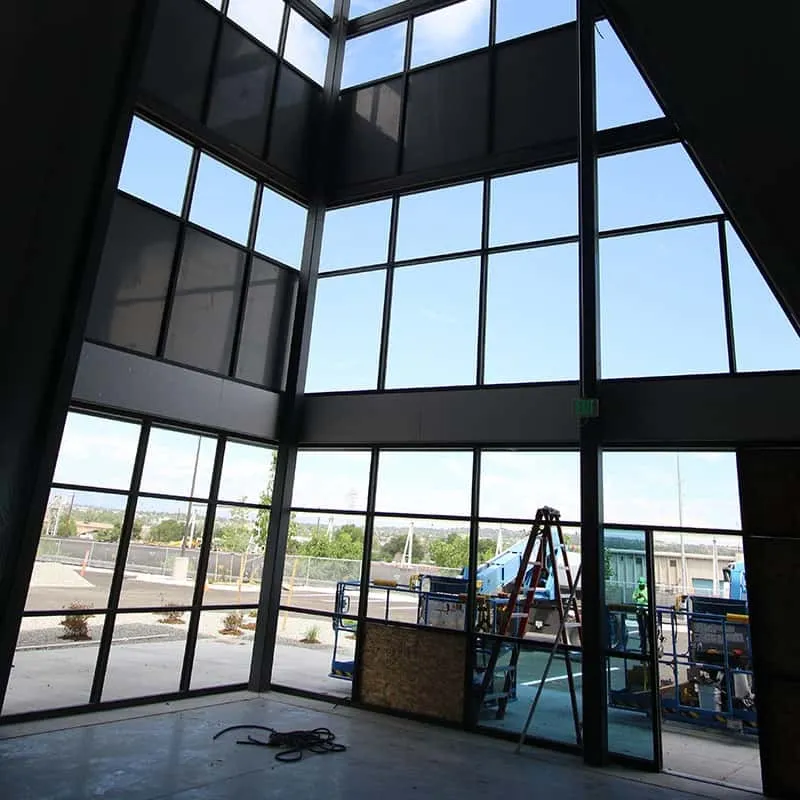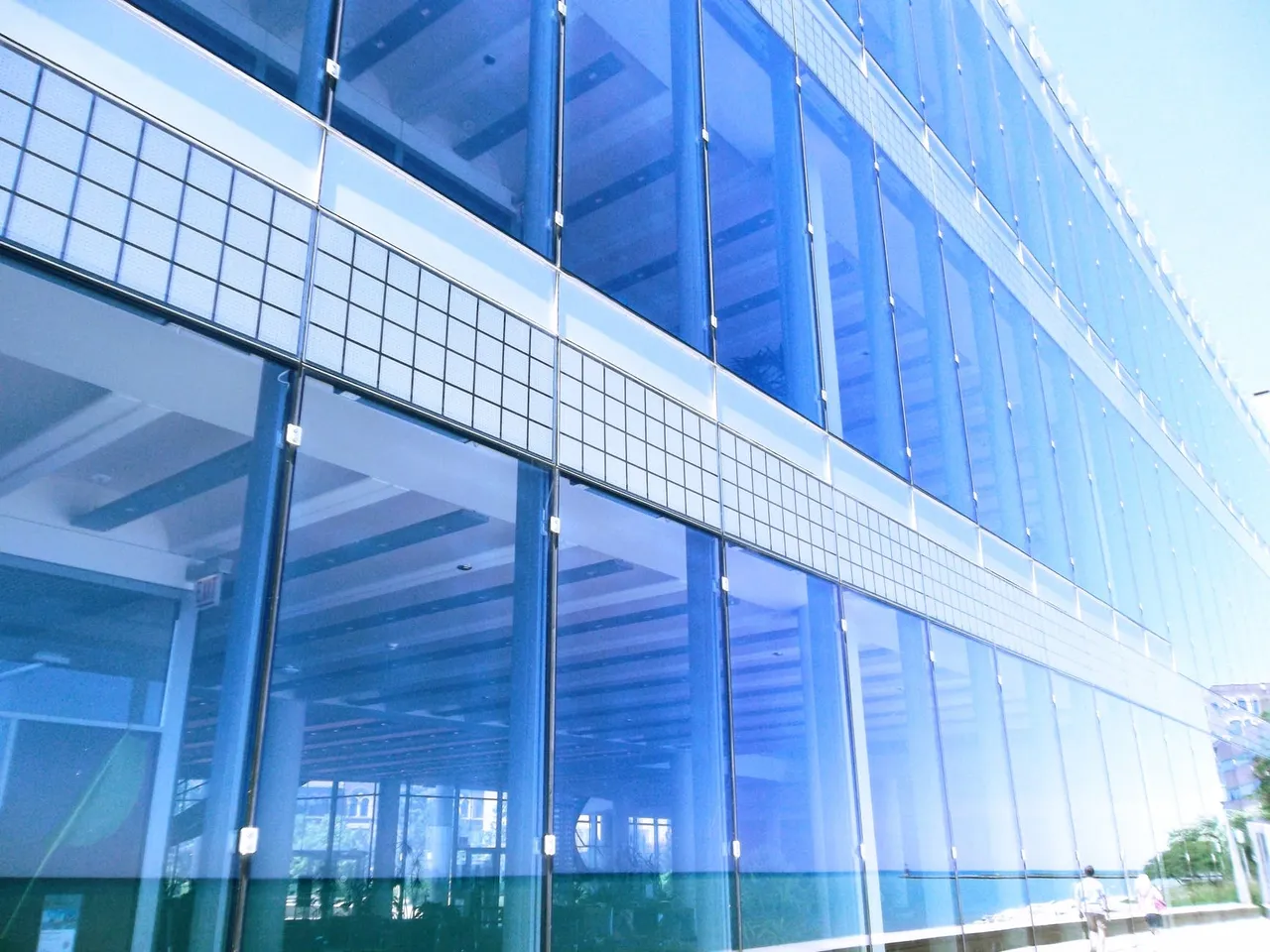5 Signs You Need New Windows for Your Home Comfort
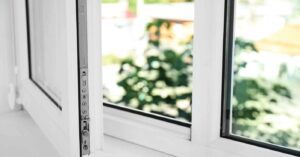
Windows are more than just panes of glass; they are the eyes of your home, offering a glimpse of the world while keeping the elements at bay. They play a crucial role in energy efficiency, comfort, and the overall aesthetic appeal of your living space. Just like any other part of your house, windows have a lifespan, and knowing when it’s time for a replacement can save you money and enhance your home’s value. In this blog post, we’ll explore five key signs that indicate you might need new windows, helping you make informed decisions about maintaining the health of your home.
Top 5 Signs That You Need New Windows
Drafts and Leaks
One of the most telling signs that your windows need replacing is the presence of drafts and leaks. Imagine sitting in your living room on a chilly winter day, only to feel a cold breeze passing through your windows. Drafts indicate that your windows are no longer providing an airtight seal, allowing unwanted air to enter your home.
Identifying drafts can be as simple as holding a lit candle near the window frame and watching for flickers. Leaks, on the other hand, may reveal themselves through water stains or even mold growth around the window area. These issues often arise due to deteriorated seals, warped frames, or poorly installed windows. Ignoring drafts and leaks can lead to increased energy consumption, higher utility bills, and discomfort during extreme weather conditions.
Replacing drafty windows with energy-efficient models not only solves the problem but also enhances your home’s insulation. New windows, equipped with advanced sealing technologies and double or triple glazing, significantly reduce heat loss, keeping your indoor environment cozy and energy bills low.
High Energy Bills
Have you noticed a sudden spike in your energy bills? Before blaming your heating or cooling system, consider the state of your windows. Older windows, particularly single-pane ones, are notorious for being poor insulators. They allow heat to escape during winter and infiltrate during summer, forcing your HVAC system to work harder.
The correlation between outdated windows and high energy consumption is direct. Without proper insulation, maintaining a comfortable indoor temperature becomes a constant battle. Modern energy-efficient windows are designed to combat this issue by minimizing thermal transfer and blocking UV rays.
By investing in new windows, you not only enjoy a more comfortable living space but also see a significant reduction in energy costs. The savings you accrue over time can offset the initial investment of replacing your windows, making it a worthwhile endeavor for both your wallet and the environment.
Difficulty in Opening or Closing Windows
Struggling to open or close your windows is more than just an inconvenience; it’s a sign that something is amiss. Windows should operate smoothly, allowing you to control ventilation and secure your home effortlessly. If you find yourself wrestling with stubborn sashes or dealing with windows that refuse to budge, it’s time to investigate further.
Difficulty in window operation can stem from several factors, including warped frames, rusted hinges, or misalignment. Not only does this hinder your ability to enjoy fresh air, but it can also pose a safety risk in emergencies where quick egress is necessary.
Furthermore, windows that don’t close properly compromise your home’s security. Faulty locks and latches are an invitation for intruders to gain easy access. Replacing problematic windows ensures smooth operation, enhanced security, and improved peace of mind.
Condensation Between Panes: Signs That You Need New Windows
Spotting condensation between window panes is a clear indication that your windows are failing. This issue arises when the seal between double or triple-glazed windows breaks, allowing moisture to seep in. While condensation on the surface is normal, moisture trapped between panes is problematic.
The presence of condensation not only obstructs your view but also signifies a loss of insulating gas, such as argon, that contributes to your windows’ thermal efficiency. This reduces their ability to keep your home comfortable, leading to increased energy usage and discomfort.
Addressing this issue promptly by replacing your windows restores clarity to your view and reinstates their insulating properties. Modern windows come with improved seals and glazing options, ensuring that condensation becomes a thing of the past.
Visible Damage
Sometimes, the signs that you need new windows are right in front of you—literally. Cracked frames, broken glass, and warped sashes are all visible indicators that your windows have reached the end of their lifespan. While minor repairs can offer temporary relief, ongoing damage should not be ignored.
Visible damage not only affects your home’s curb appeal but also compromises its structural integrity. Damaged windows allow air and water to infiltrate your living space, leading to potential further deterioration and costly repairs.
By replacing visibly damaged windows, you safeguard your home against the elements and enhance its aesthetic appeal. New windows offer a fresh, polished look that can elevate your home’s overall value and provide long-lasting protection.
Summing It Up
Recognizing the signs that it’s time for new windows is essential for maintaining a comfortable, efficient, and secure home. From drafts and leaks to visible damage, each indicator serves as a reminder that your windows play a vital role in your daily life. By addressing these issues promptly, you enhance your living environment and contribute to energy conservation.
If you notice any of these signs in your own home, it’s time to take action. Don’t wait for the problems to escalate. Reach out to a professional window consultant who can assess your needs and guide you through the process of selecting the perfect windows for your home.
Contact Us For further information!
FAQs: Signs That You Need New Windows
Q1: How often should windows be replaced?
Windows typically last between 15 to 20 years, but this can vary based on factors such as material, climate, and maintenance. Regular inspections can help determine when replacement is necessary.
Q2: Can I repair my windows instead of replacing them?
Minor issues like caulking or sealing can be repaired, but significant damage or persistent problems often require replacement to ensure long-term effectiveness.
Q3: What are the benefits of energy-efficient windows?
Energy-efficient windows improve insulation, reduce energy consumption, enhance comfort, and contribute to lower utility bills. They also increase your home’s value and reduce its carbon footprint.
Upgrade your windows today and experience the difference they make in your home’s comfort, energy efficiency, and overall appeal. Your window to a better living environment starts now.

